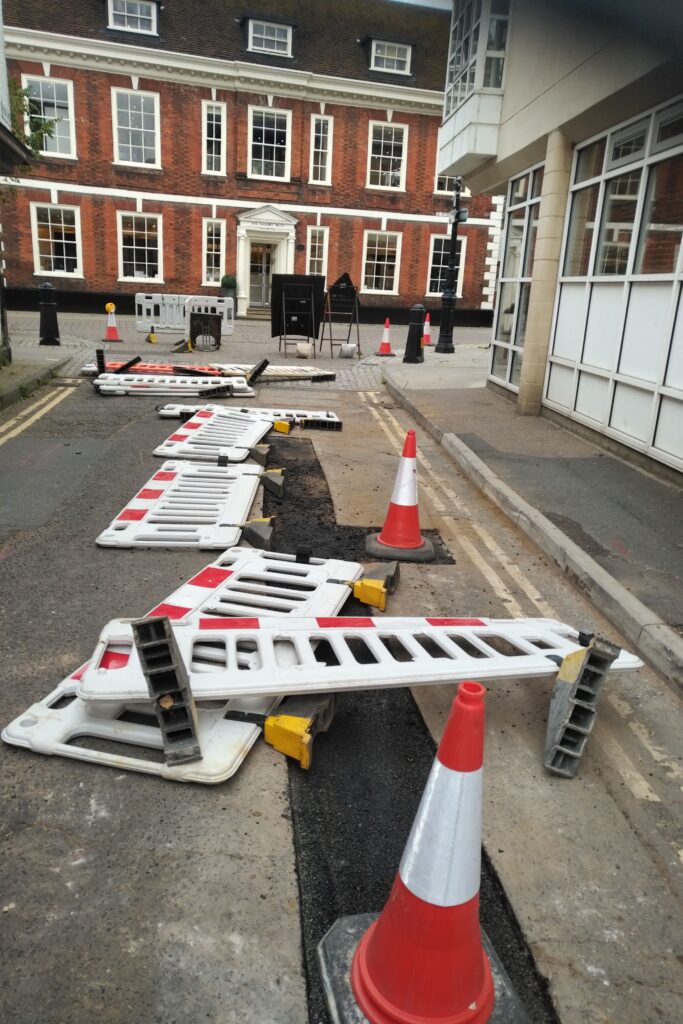News
Sorry, no results were found, search again?
02/04/2020
To judicially review or not?

Judicial Review is a legal remedy that is frequently mentioned in respect of challenging decisions by public sector bodies. Whilst it certainly has its place in the lawyer’s tool box, it is a process that must be approached with some caution.
As a remedy, Judicial Review is principally aimed at ensuring that bodies exercising public law functions exercise those functions lawfully and fairly and do not abuse their powers. It is possibly less concerned about the actual merits of the decision that was reached and more concerned with the process that was adopted to reach that decision.
In terms of where Judicial Review sits in a lawyer’s tool box, it may be seen as more a tool of last rather than first resort. Generally speaking all other challenge and/or appeal routes against the decision in question need to be exhausted before one can turn to Judicial Review. An application for Judicial Review is also subject to stringent time limits so one has to be careful about ensuring that all necessary steps are complied with as promptly as possible.
In the ordinary course of events the initial application to Court will be for permission to proceed with the Judicial Review, which can and will face detailed scrutiny. Only if the permission stage is successfully passed will the Judicial Review proceed to full hearing.
Whilst the outcome of a Judicial Review may be in an applicant’s favour, it is also possible that the decision making body might subsequently make a similar decision but this time correctly based and justified. It is therefore always important to take a strategic approach to Judicial Review.
We regularly advise parties on challenging the decisions of public law function exercising bodies and Judicial Review.
Contact us if you want to discuss challenging public sector decision making processes and Judicial Review.

The ongoing UK broadband roll out is providing real opportunities for existing and new companies in the telecoms sector.
Whilst companies can undertake many aspects of work without having powers under the Electronic Communications Code (“Code Powers”), holding or obtaining Code Powers is likely to play a significant part in whether a new entrant can compete on a level playing field.
The Electronic Communications Code is contained within Schedule 3A to the Communications Act 2003. What it does is confer certain rights on a party that is granted Code Powers by Ofcom. These rights include, amongst other things:
- exemptions from certain aspects of planning requirements that may otherwise apply for the placing of telecoms apparatus;
- rights to place and maintain electronic communications apparatus and infrastructure within the public highway; and
- means to facilitate access to private land for the placing and maintaining of electronic communications apparatus and infrastructure.
Ofcom’s own website also provides some useful information on the Electronic Communications Code.
We regularly:
- advise companies on whether they are eligible to secure Code Powers;
- apply to Ofcom and secure Code Powers for companies; and
- advise new and existing Code Power operators on the extent and operation of their Code Powers and their wider regulatory responsibilities.
Contact us if we can assist you in respect of the Electronic Communications Code.

Whilst there have been very significant increases in street works compliance by utility companies and their contractors over the years, the financial and reputational risks posed to utility companies by certain street works related criminal offences has dramatically increased in recent years. This is as a result of the “uncapping” of level 5 offences brought about by the implementation on 12th March 2015 of s.85(1) of the Legal Aid, Sentencing and Punishment of Offenders Act 2012. For anyone wanting to know the detail, the implementing legislation was the Legal Aid, Sentencing and Punishment of Offenders Act 2012 (Commencement No. 11) Order 2015 (SI 2015/504).
The upshot of “uncapping” is that the previous maximum fine of £5,000 that applied to level 5 fines was removed and the level of fine that the Magistrates’ Court might impose is now effectively unlimited.
Before the “uncapping” of level 5 fines, a bad day in Court on a level 5 capped street works offence was unlikely to prove too financially painful – in the greater scheme of things. That is no longer the case. A bad day in Court on something that 5 years ago might have attracted a £3,000 fine might today see a utility company be sentenced to a considerably larger fine. Whilst it has taken a few years for fines to increase, fine ‘inflation’ has been significant in some parts of the country for even relatively minor non-compliances.
There are steps that an undertaker can take to mitigate the risks that its street work activities may pose. These include:
- Ensuring that all internal and contractor staff have an appropriate understanding of the legal obligations that street works legislation imposes;
- Self auditing of works being done by you and on your behalf and ensuring all non-compliances are promptly identified and rectified; and
- Responding promptly and effectively to any report of problems with a site or works.
Our team has extensive experience of advising undertakers on street works compliance and defending related criminal prosecutions.
Do contact us if you think we can assist in reducing your legal risks from street works.